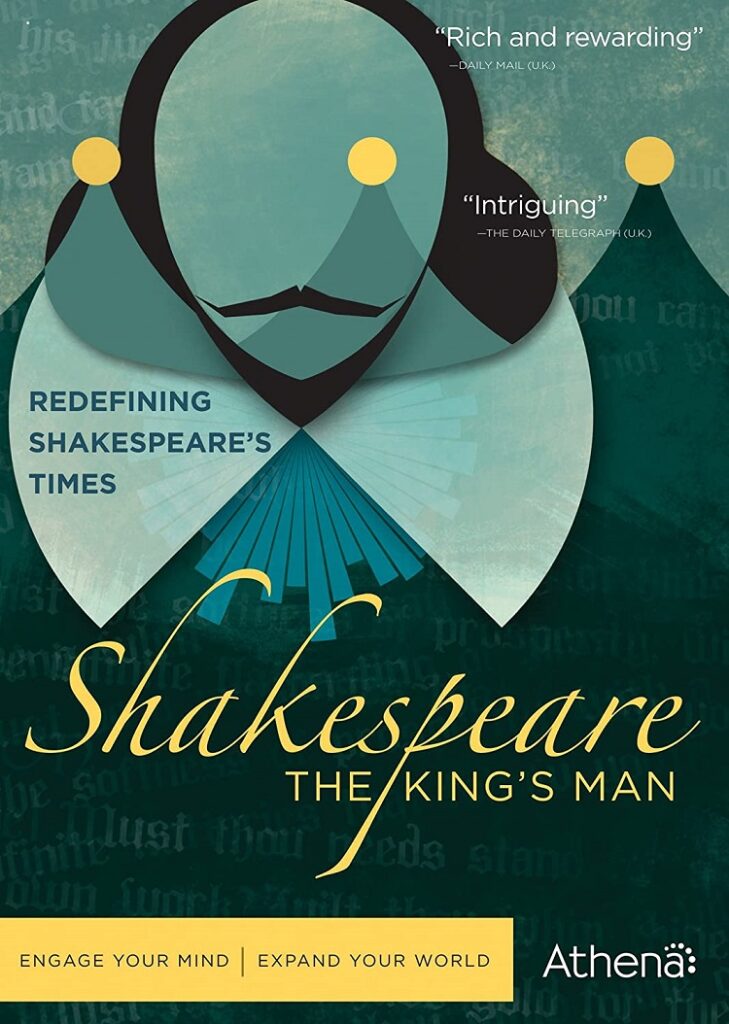
Written by Brandie Ashe
Arguably the single most influential figure in the history of English literature, William Shakespeare produced over three dozen plays in his lifetime. Many of these works hold permanent positions in the Western canon, inspiring untold creative minds in the centuries since the playwright’s death in 1616. The plays which Shakespeare produced during the Elizabethan age—roughly the first half of his storied career—range from light comedies (The Taming of the Shrew, A Midsummer Night’s Dream) to visceral drama (Titus Andronicus, Julius Caesar) to haunting tragedy (Romeo and Juliet, Hamlet). But the most predominant dramatic form in which Shakespeare indulges in these early works is the history play, a theatrical staging of the lives of Elizabeth’s ancestors, the previous monarchs of England.
This was likely a calculated move on Shakespeare’s part; by paying homage to Elizabeth’s Tudor roots and the monarchy as a whole, Shakespeare ensured himself favor with the queen—favor that, upon her death in 1603, was further extended by her successor, her Scottish cousin James. Upon ascending the throne, the newly-crowned King James I extended to Shakespeare the title of “king’s man,” an honor that brought with it a prime position at court. And Shakespeare, ever the observer of human nature, took full advantage of the opportunity to craft a new series of plays that are among the most effective he ever wrote—among them, such noteworthy classics as Measure for Measure, Macbeth, King Lear, and The Tempest.
Shakespeare’s work during James’ reign, and the intrinsic connection between the two men, is the focus of the recent BBC documentary series Shakespeare: The King’s Man, in which literary scholar/professor James Shapiro (Columbia University) seeks to define the playwright’s post-Elizabethan work in terms of Shakespeare’s newfound place of importance in the royal court. Shapiro maintains that Shakespeare’s unexpected courtly education—fostered through his decidedly up-close-and-personal observation of the political and personal machinations of James and his courtiers—influenced and affected the development of his Jacobean-era works. Though most of Shakespeare’s plays draw from previous stories, historical records, or myths and legends, Shapiro shows how the playwright altered these original source materials to suit his present-day circumstances, allowing him to reference current events in James’ court subtly enough to avoid incurring the king’s displeasure. Shapiro concludes that, as a result, Shakespeare’s latter-day plays reach a level of insightful discourse that casts a slyly satirical and allegorical eye on James’ attempts to lead a unified England into a new century of social, religious, and civil upheaval.
Essentially, The King’s Man amounts to three well-constructed visual essays, comprising a sort of outside-the-classroom lecture series that elucidates the connections between some of Shakespeare’s plays and the contemporary events which purportedly inspired them. As Shapiro wanders the streets of London, tracing steps Shakespeare must once have taken through the city, he explores Shakespeare’s relationship with the king, painting James as a brilliant but flawed leader, one crippled by his own arrogance and uncertainty. All the while, Shapiro draws some compelling links between some of Shakespeare’s best-known plays and particular events in the history of England.
For instance, in the second episode of the series, Shapiro examines the impact of James’ notoriously decadent court on Shakespeare’s subsequent portrayal of a dissolute Egypt in Antony and Cleopatra, noting that the excesses of the play are actually a subtle criticism of James’ extravagance. He links this to a popular nostalgic movement at the time, as English citizens openly recalled Elizabeth’s relatively more sober court with more than a little longing. Shapiro goes even further in drawing links between the king and the character of Octavius, whose ambition to rule over a unified and militarily triumphant Rome mirrors James’ own ambition to unite England and his native Scotland under a single banner (a goal that would finally come to fruition a century later, well after James’ death). These and other thoughtful assertions throughout the documentary ultimately lend themselves to fresh interpretations of Shakespeare’s later plays, adding a new and fascinating level of depth to our understanding of the playwright’s work.
Shakespeare: The King’s Man has now been released to DVD through Athena in a must-own two-disc set. The first features all three episodes of the documentary, while the second includes the BBC’s 1983 televised version of Macbeth, an entertaining and straightforward interpretation of Shakespeare’s greatest tragedy (apologies to Mr. Shapiro, who in the documentary assigns that label to the not-quite-as-utterly-spectacular King Lear). Like many other Athena releases, the set also includes a “Viewer’s Guide” booklet, this one containing articles and historical information that put Shakespeare’s Jacobean work into context.
James Shapiro is a wholly dedicated scholar. His passion for his subject is obvious, and the intricately-constructed narrative he has put together—the result of copious research and an almost instinctive understanding of the two notable men in question—is undeniably engrossing. For anyone interested in exploring the politics of Shakespeare’s later plays (for fans of Shakespeare’s life and work, period), The King’s Man is a fantastic resource as well as an enjoyable examination of the inimitable Bard of Avon.